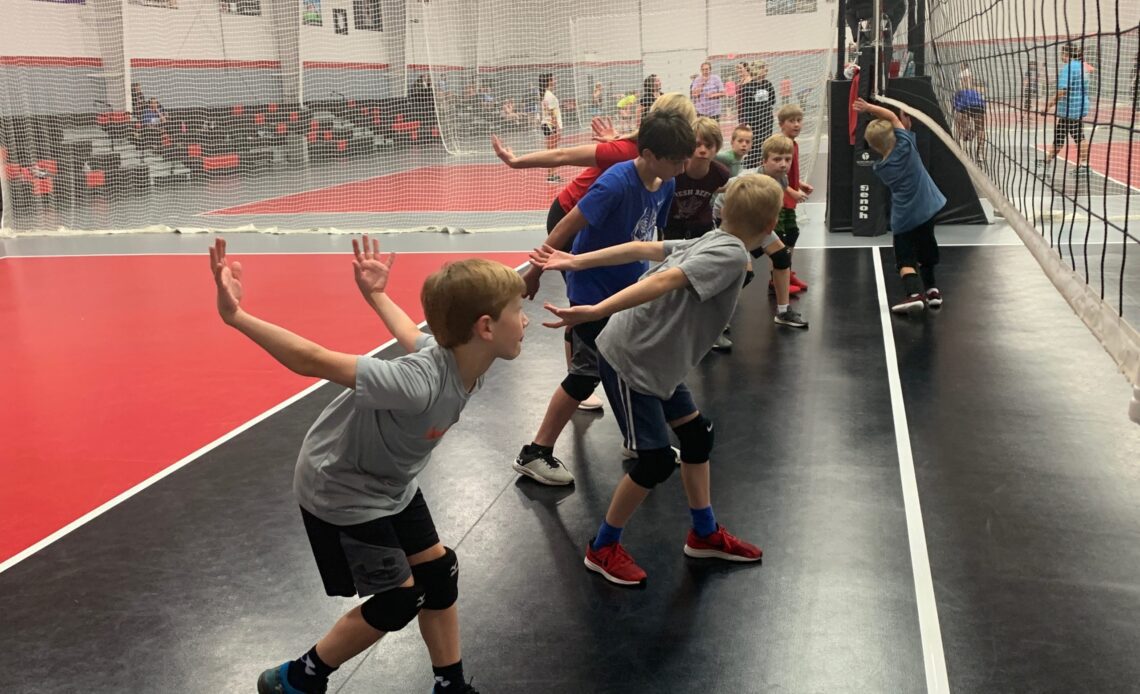*Information provided in this article is not to be considered a substitute for legal advice. Readers are strongly encouraged to seek the advice of a licensed attorney familiar with youth sport laws and regulations within your state and local district.
Volleyball leaders bear an important responsibility in overseeing the safety and well-being of athletes under their care.
Through diligent supervision, adherence to best practices, and implementation of comprehensive emergency action plans, leaders contribute significantly to creating a safe and thriving volleyball environment. The legal duty to safeguard athletes extends beyond the physical act of supervision, encircling the broader culture of the club and team. By embracing these responsibilities, volleyball leaders, including coaches, team captains, and support staff, not only fulfill their legal obligations but also play a central role in the club’s overall success. Through constant alertness, detailed planning, and a commitment to providing sufficient emergency care, volleyball leaders can ensure a safer and more prosperous sport environment.
Supervisory Responsibility of Volleyball Leaders
One of the 13 Legal Duties of Volleyball Leaders is the act of supervising, the physical action of safeguarding athletes. Supervising with diligence will ensure a safe and productive volleyball environment during practices, competitions, and travel. The definition of safeguarding is to “protect from harm or damage with an appropriate measure” (Oxford University Press, 2023) and is the overall concept of placing the safety and welfare of all participants, staff, and support personnel as a primary priority.
The responsibility to provide supervision requires the physical presence and attentiveness of volleyball leaders to minimize or lessen the potential for injuries or harm. Coaches are to supervise practice areas and locations where a team would gather and provide a safe environment before, during, and after training or competitions. This responsibility extends to any transportation situation. For example, on walks to and from hotels to playing areas, planes, trains, automobiles, and transportation-loading/unloading areas. The supervision responsibility also extends to times during out–of–town overnight stays and when athletes officially represent the club/team. When conducting practices and preparing for competitions, a volleyball leader’s supervision happens from 5 minutes before your athletes arrive…
Click Here to Read the Full Original Article at Junior Volleyball Association…

